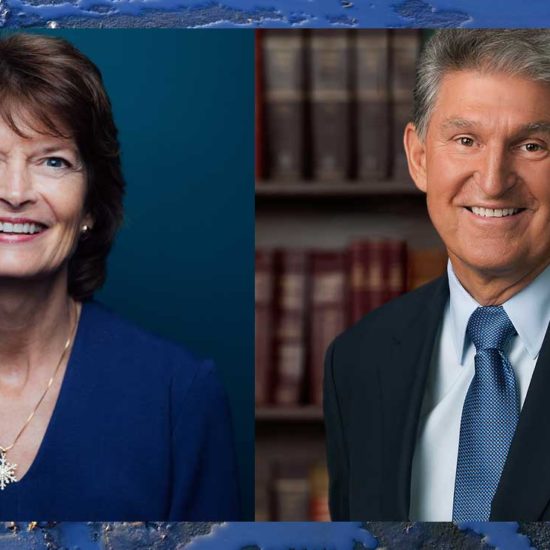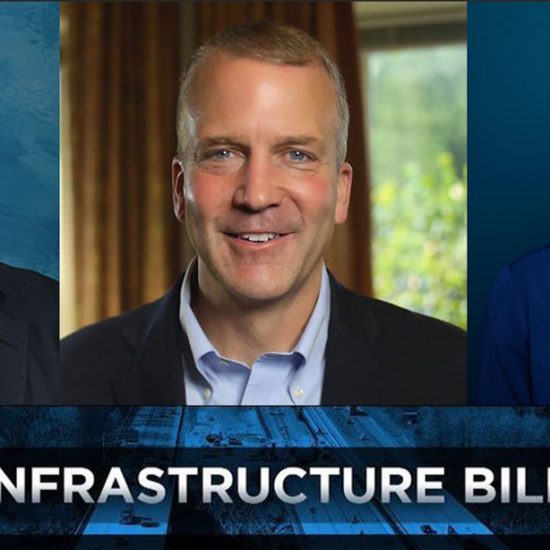Fred Fleitz ~
Pressured by growing criticism that President Obama lacks a strategy to combat radical Islam and ISIS, National Security Adviser Susan Rice rolled out a new U.S. national security strategy last week.
Far from resolving this criticism, the strategy’s omissions, misstatements, and incoherence will only add to charges by the Obama administration’s critics that it is clueless on national security.
The most glaring error in the new national security strategy is how it sticks to the Obama team’s peculiar practice of referring to terrorist groups like ISIS and al-Qaida as “violent extremists” and their refusal to use the terms “radical Islam,” “radical Islamist,” “Islamist terrorist,” and “jihadist.”
The strategy also repeats the president’s miscategorization of violent extremism as an ideology while failing to acknowledge the real ideology that is driving al-Qaida and ISIS and their worldwide campaign of violence — radical Islam and the doctrine of Shariah.
Rather than admitting that these groups are motivated by radical Islam, the strategy asserts they are opportunists who exploit instability, oppression, and lack of economic opportunity.
Evidence abounds that this is not the case. Osama bin Laden did not form al-Qaida because he was poor; his father was a billionaire. ISIS reportedly receives funding from wealthy donors in Saudi Arabia, Qatar, and Kuwait.
So-called “home-grown” radical Islamist terrorists recruited or inspired via the Internet to commit acts of terror in the United States, Canada, Australia, the United Kingdom, and France lived in free societies with economic opportunities.
Even worse than the new national security policy’s failure to acknowledge the threat from radical Islam, it also plays down the urgency to act against this threat by saying the United States must exercise “strategic patience.”
Susan Rice and President Obama recently sparked controversy when they made similar comments that played down the threat from terrorist groups and claimed terrorism does not represent an “existential threat” to the United States.
Other aspects of the strategy were a hodgepodge of foreign policy proposals, “smart power” and dubious claims of foreign policy successes. Ignoring the deterioration of security in Iraq and Afghanistan since 2009, the strategy praises the withdrawal of U.S. troops from these countries and says the U.S. is engaged in counterterrorism efforts in them as well as a comprehensive effort to degrade and ultimately defeat ISIS.
According to the strategy, the progress of Iran’s nuclear program has been halted and “we have made clear Iran must meet its international obligations and demonstrate its nuclear program.” Based on the enormous concessions made by the United States to Iran in nuclear talks over the last year and the fact that Iran has not cut back its uranium enrichment program, these claims appear to be false.
The strategy points to the success of a U.S. “rebalance to Asia” (formerly known as the pivot to Asia), even though the administration has done little to implement this initiative.
Climate change also was added to the list of top strategic threats to United States.
The United States urgently needs a sensible national security strategy that acknowledges the threat from radical Islam as a global ideology which is at war with Western civilization. The new Obama national security strategy is a missed opportunity that shows that President Obama remains determined to deny the obvious and not recognize this threat.
The Center for Security Policy believes radical Islam and Shariah are serious threats that cannot be defeated as long as U.S. officials refuse to acknowledge them. That’s why on Wednesday, Feb. 11 in Washington, D.C., the center is sponsoring “The Defeat Jihad Summit.” This program will discuss the nature of the Islamist threat, an assessment of U.S. policies to confront it, and better approaches to defeat this threat.
Among those participating will be Texas Sen. Ted Cruz, Louisiana Gov. Bobby Jindal, former Attorney General Michael Mukasey, former House Speaker Newt Gingrich, Dutch parliamentarian Geert Wilders, Britain’s Lord Malcolm Pearson, former House Intelligence Committee Chairman Pete Hoekstra, Danish free speech advocate Lars Hedegaard, and former federal prosecutor Andrew McCarthy.
This event will be live-streamed on the Center for Security Policy’s website, http://www.centerforsecuritypolicy.org/, from 9 a.m. to 2 p.m. on February 11th.
I hope you can watch.
Fred Fleitz followed the Iranian nuclear program for the CIA, State Department, and House Intelligence Committee. He is now a senior fellow with the Center for Security Policy.











